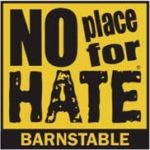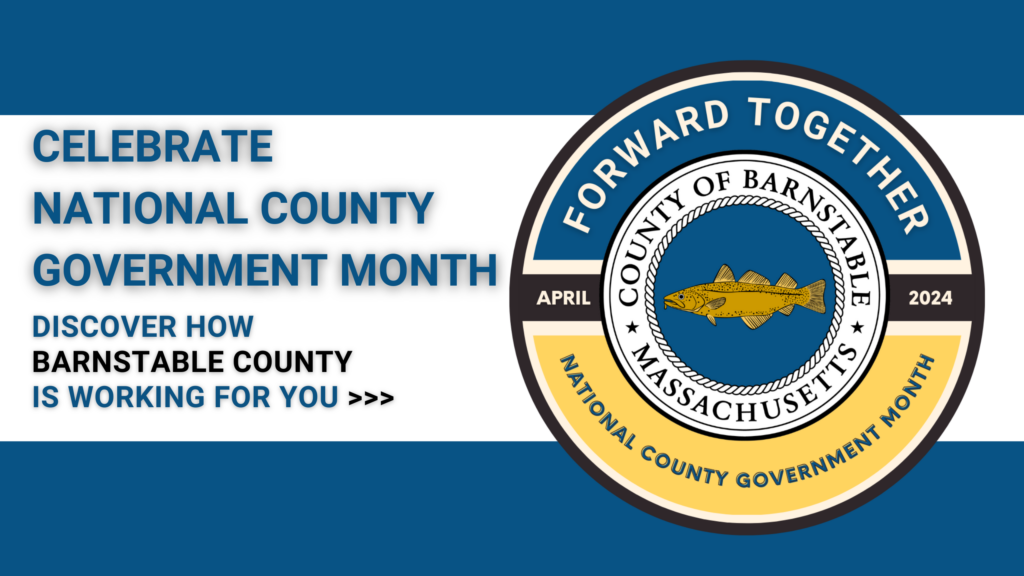
A Statement from the Barnstable No Place For Hate Steering Group
Important message for Cape Cod community.
Wednesday, April 15, 2020
COVID-19 causing spike in hatred, bias and bullying
The following is a statement by the Barnstable No Place For Hate Steering Group:
We are all living in a particularly scary time as COVID-19 has placed the U.S. ahead of Asian and European countries in the number of individuals who are testing positive, falling sick or dying. The number of confirmed cases in Massachusetts and on Cape Cod continue to increase. The good news is we are taking precautions, including social isolation in our homes, social distancing in public by standing six feet apart from one another, wearing protective facial masks and gloves when outside, and it is helping to reduce the ‘slope’ of potential infections.
The combination of lack of scientific data on the virus, when its impact will subside, children and youth unable to attend school, increasing rates of unemployment and the impact of isolation are resulting in the increase of expressed hatred, bias and bullying. Negative statements are heard in grocery stores, expressed on social media, and uttered in locations where individuals can be heard. There is an increase of anxiety, mental health issues, domestic violence, racial hatred and physical and emotional abuse. Everyday more concerns are raised on the welfare of individuals who are Asian, elderly, families in need, immigrants, at-risk youth, those with disabilities, and others. Overcrowding is putting people who are homeless and those imprisoned at grave risk. The pandemic has become a “crisis on top of a crisis,” and an added public health threat, especially in low-income, vulnerable communities.
The Barnstable No Place for Hate (BNPFH) group is asking the Cape Cod community to understand we are all affected by the COVID-19 pandemic, and that no one should be overlooked, forgotten, or mistreated. We all need to recognize there is no easy solution to what we are faced with today. We know for sure that victimizing others as causing this crisis is not the answer. We need to find ways to help each other in this new ‘world’ we are living in.
It is crucial more now than ever before to step out of one’s comfort zone and become an active bystander to help eliminate hatred, fear and focused-cause towards people in our community.
Before posting on social
media or commenting in a public arena, please stop first and ask whether the statement or action you want to make is beneficial or harmful to the situation.
While the media is reporting daily statistics on this crisis we now face, Barnstable No Place For Hate is calling on members of the media requesting attention to this climbing level of hatred and bias, and to respond with resources and messages to our community on how to manage fears and cope peacefully and together during this pandemic.
The BNPFH values diversity and supports the civil rights of all people. We are a positive, loving response to hatred, intolerance, and other forms of bigotry and discrimination. We strive to work with individuals and groups in serving the people of the town of Barnstable by providing or supporting community services that will keep Barnstable a safe and welcoming place. We are a voice to create public awareness including: providing educational services and resources; advocating for legislation that benefits the lives of all people; and creating public communication campaigns.
Please visit BNPFH online at facebook.com/ NPFHBarnstable.
Negative statements are heard in grocery stores, expressed on social media, and uttered in locations where individuals can be heard. There is an increase of anxiety, mental health issues, domestic violence, racial hatred and physical and emotional abuse. Everyday more concerns are raised on the welfare of individuals who are Asian, elderly, families in need, immigrants, at-risk youth, those with disabilities, and others. Overcrowding is putting people who are homeless and those imprisoned at grave risk. The pandemic has become a “crisis on top of a crisis,” and an added public health threat, especially in lowincome, vulnerable communities.




